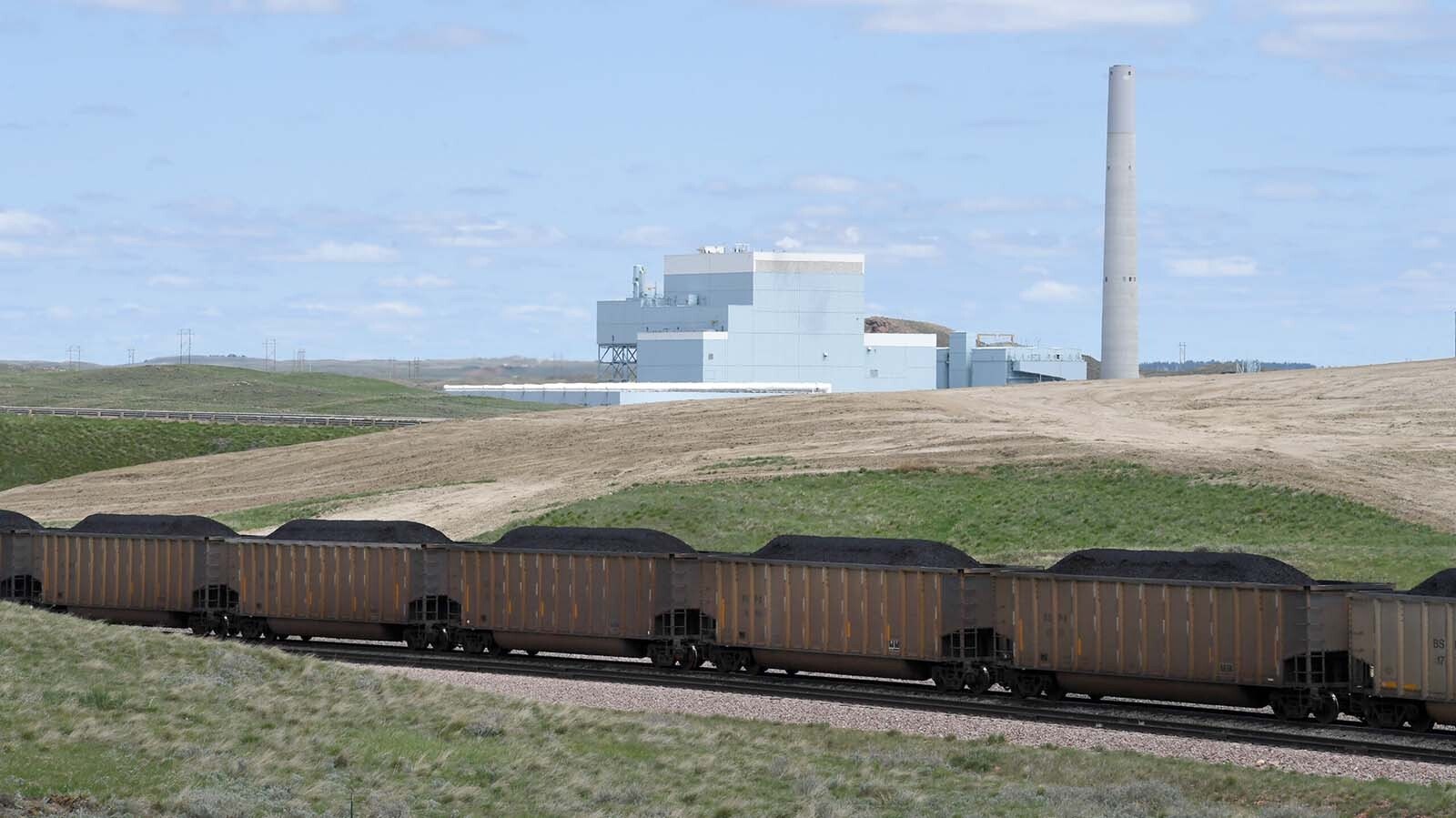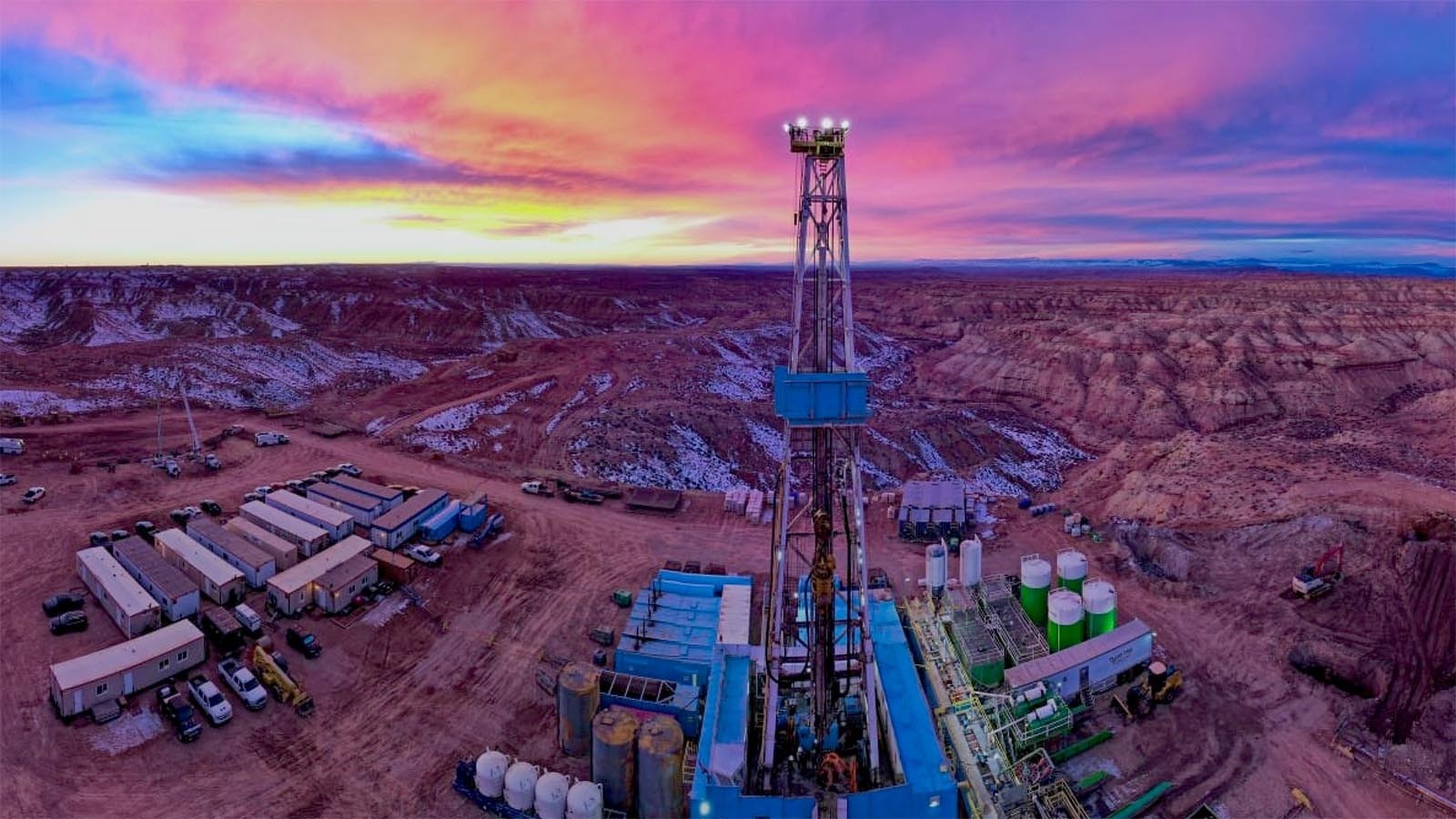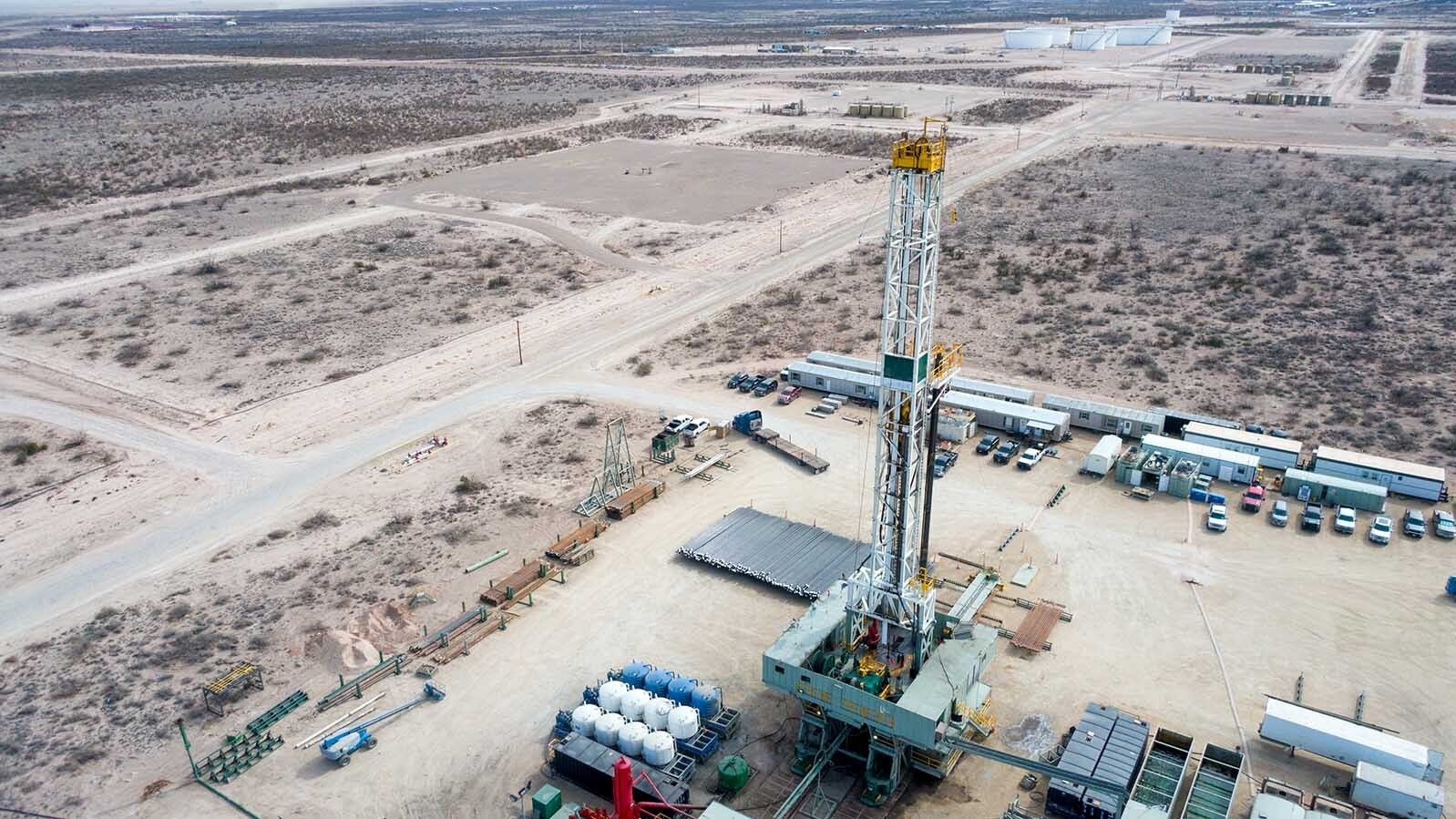The U.S. Surface Transportation Board (STB) is proposing a rule that would allow Wyoming industries that are served by a single railroad company to get service from competing railroads if customers can demonstrate consistently bad service.
Travis Deti, executive director of the Wyoming Mining Association, told Cowboy State Daily that in other industries where there are companies competing with each other, the quality of customer service tends to go up and prices trend down.
“Competition is always a good thing,” Deti said.
Both of the largest coal producers in the United States, Arch Resources and Peabody Energy Inc., operate large open-pit coal miles in Wyoming’s Powder River Basin. And both have repeatedly reported in recent earnings calls their production has been impacted by rail service.
Bad Service
The Associated Press reports that the proposed rule would allow railroad customers who are served by a single railroad company — what the STB calls “captive shippers” — to seek out another company to serve them when their current railroad fails to deliver an average of 60% of its shipments on time over a three-month period.
Wyoming coal and trona mines have reported huge losses in the past couple of years as a result of poor rail service. In January, Deti testified before the Senate Minerals, Business and Economic Development Committee that a lack of trains to ship coal cost Wyoming $100 million in tax revenues in 2022.
The state’s four trona mines missed out on $20 million in revenues in the first quarter of this year because they couldn’t move product.
John Ward, executive director of the National Coal Transportation Association, gave a presentation at the Wyoming Mining Association Annual Convention in June in which he explained how the S&P rail index, which includes railroads’ stock prices, rose exponentially in the last couple of decades, while the amount of freight shipped has increased only slightly.
Industry Statements
Mike Jaixen, senior manager of communications for Union Pacific, told Cowboy State Daily that the company was still reviewing the STB proposed rule, which is referred to as a “switching regulation.”
In a statement, Ian Jefferies, president of the Association of American Railroads, said that STB did not perform a cost-benefit analysis, and any new regulation must be backed up by data that’s narrowly tailored to address a specific and well-defined problem to ensure that benefits exceed costs.
“Any switching regulation must avoid upending the fundamental economics and operations of an industry critical to the national economy — that Congress saved once by partially deregulating – and be subject to the highest level of scrutiny,” Jefferies said.
The association represents major freight railroad companies in the U.S., Canada and Mexico.
Burlington Northern Santa Fe Railroad did not respond to requests for comment.
The Hammer
Stan Blake, a former Wyoming legislator and retired conductor for Union Pacific, said the added competition could be good.
“I think the Surface Transportation Board is trying to have some kind of hammer to make these companies have better performance,” Blake said.
He said that multiple railroad companies already use the same rails in some cases.
Trackage rights, as they’re called, are governed by agreements for each section of the nation’s railroads, and these are approved by the STB.
Charles Randolph, a retired dispatcher who worked 37 years for the BNSF, said dispatchers handled joint tracks all the time. Should the plan become final, it wouldn’t be a problem from a technical standpoint to handle multiple companies on a rail line.
He said it is possible to overwhelm the capacity of the rail, but with enough personnel, it can be managed safely.





